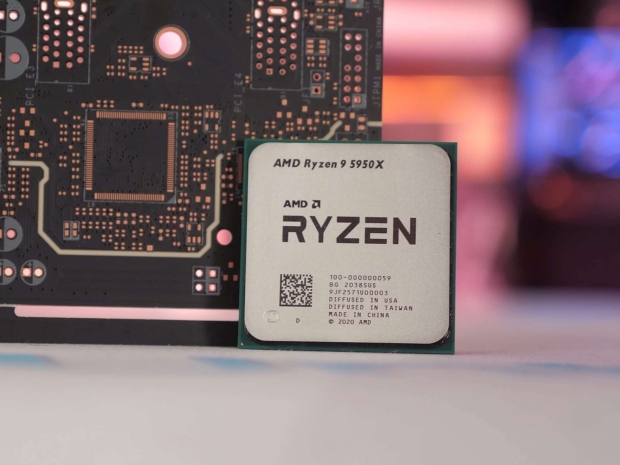This development, known as ZLUDA, enables existing CUDA applications to run directly on AMD Radeon GPUs without requiring any modifications to the original source code 12.
The moves include:
ZLUDA: The project responsible for this compatibility is called ZLUDA. Initially developed to provide CUDA support for Intel graphics, it has now been adapted for use with Radeon GPUs through AMD’s HIP/ROCm stack.
Binary Compatibility: With ZLUDA, many real-world CUDA workloads can run seamlessly on AMD GPUs without the need for developer intervention. It acts as a drop-in replacement at the library level, making it easier for end-users to run CUDA-enabled software.
Performance Benchmarks: Testing of ZLUDA implementation revealed promising results. Proprietary CUDA renderers and software worked out-of-the-box with the ZLUDA library replacements. For example, CUDA-optimized Blender 4.0 rendering now runs faster on AMD Radeon GPUs than the native ROCm/HIP port, reducing render times by around 10-20%, depending on the scene.
Open Source: The ZLUDA project is dual licensed under Apache 2.0 and MIT licenses. Rust enthusiasts will be pleased to know that the Rust programming language is leveraged for this Radeon implementation.
GitHub Repository: If you’re curious and want to explore the new ZLUDA open-source code for Radeon GPUs, you can find it on GitHub.
This development potentially expands AMD’s reach in the GPU market and fosters healthy competition. It’s exciting to see advancements that benefit both developers and end-users alike.




